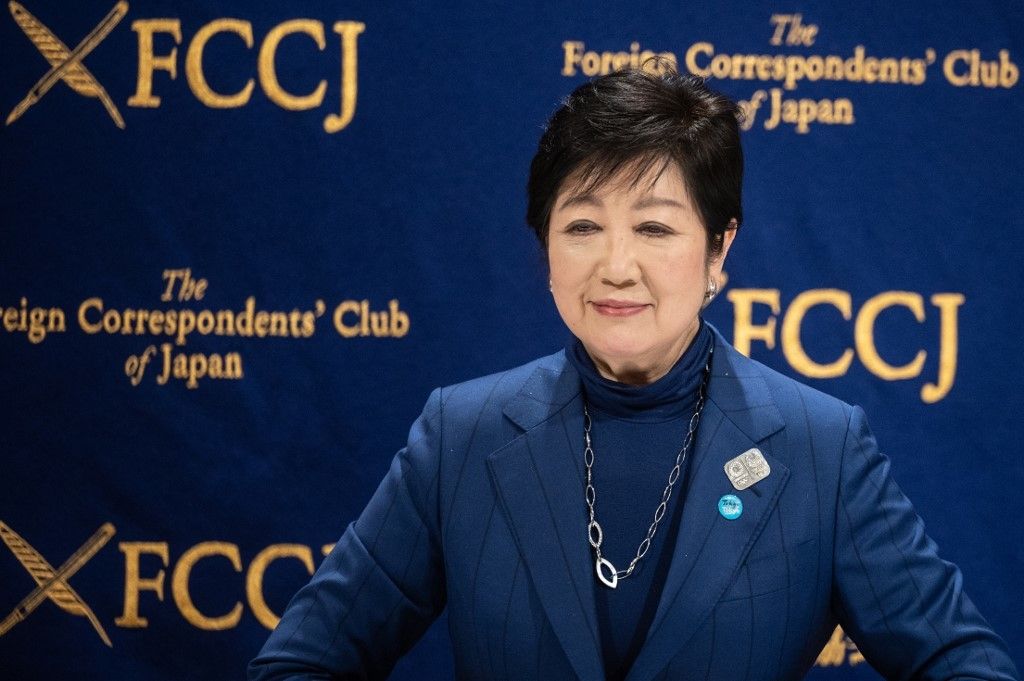The year 2020 was marked by the worldwide daily use of words and phrases that were new or given new meaning, such as "lockdown" and "social distancing," due to the pandemic and its effects on our lives. In Japan, the word "sanmitsu" was so popular that it was chosen as Japan's buzzword of the year by publishing house Jiyukokuminsha.
"Sanmitsu" is the Japanese equivalent of the "Three Cs" -- a well-known approach to preventing covid-19 infection by avoiding closed spaces, crowds and close-contact situations. Japanese authorities, and most importantly Tokyo Governor Yuriko Koike, used the term "sanmitsu" frequently to remind the public to practice social distancing. A strategy that has paid off as Japan has largely managed to limit the number of cases and deaths in the spring and summer. However, the archipelago has been facing a third wave of the pandemic in the past few weeks.
"Apparently this catchphrase has had a huge impact (on our lives). ... It has raised the public's awareness of potential risks and therefore helped (us) proceed with implementing measures to curb further viral transmission," said Yuriko Koike, during the live-streamed ceremony, according to The Japan Times.
But other words related to the pandemic also went viral this year in Japan. For instance, "amabie," a marine monster from the country's folklore often used as an amulet against diseases, as well as "Abenomask," an expression referring to former prime minister Shinzo Abe's decision to distribute washable face masks to 50 million Japanese households.
Read also: New Normal: How To Take A Break Like A Local From Sweden To Japan
"Animal Crossing: New Horizons" also gets a nod
While the vast majority of this year's top buzzwords refer to the novel coronavirus pandemic, some pop culture terms also received mentions. For instance, the manga "Kimetsu no Yaiba" by Koyoharu Gotōge, better known as "Demon Slayer" outside the archipelago. The animated feature film adaptation of this successful manga directed by Haruo Sotozaki became a huge box-office hit in Japan. It passed the $100 million revenue milestone in just 10 days, thus entering Japanese cinema history.
Other buzzword of the year: "Atsu-Mori," short for the Nintendo game "Atsumare Dobutsu no Mori" ("Animal Crossing: New Horizons" outside of Japan). In Japan and beyond, this game was one of the big hits of various lockdowns.
The top buzzwords have been selected at the end of every year in Japan since 1984. Chosen annually by publishing house Jiyukokuminsha, they provide a unique insight into the nation's social trends of the year.
